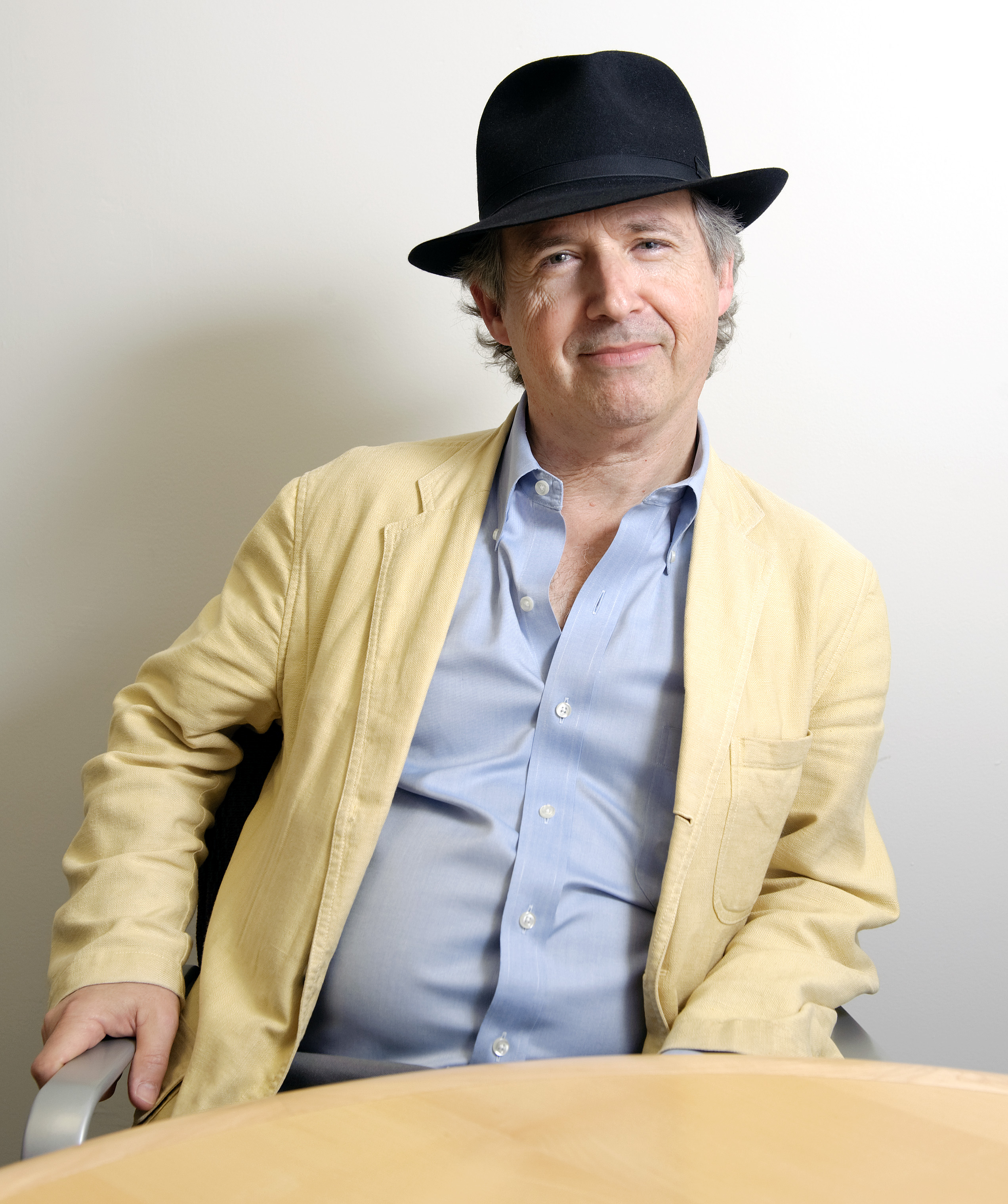Alessandro Duranti said he is prepared to deal with the difficulties that lie ahead.
In the midst of a severe budget deficit, the current chair of the anthropology department will take over the position as dean of the social sciences division in the UCLA College on July 1.
“When people I know hear I am going to be the new dean there are two reactions ““ congratulations and condolences,” Duranti said.
He paused, and a smile flashed across his face. “For obvious reasons,” he continued.
“But I love challenges, and even though this job looks very complicated, that’s what makes it interesting to me.”
Outgoing Dean Reynaldo MacÃas said the university’s financial situation is dire.
“The level of cuts the university is facing in the coming year is going to be deep enough to cut close to the bone,” he said.
In addition to having financial troubles, the College is currently overenrolled by as many as 1,000 students, he said.
A professor at UCLA for more than 20 years, Duranti said he has experience bringing together faculty and students from all areas of campus. Trained as an anthropologist and a linguist, he said he is motivated by a genuine interest in people and social relationships.
Asked to describe his leadership style, Duranti flipped the question around.
“Based on what you have observed, what do you think my style is?” he asked.
He laughed, then leaned forward as if he was about to reveal a secret.
“I think, as a leader, my style is that I talk to people and listen to them. Then I come up with a plan. I would rather reach a consensus than dictate,” he said.
Duranti discussed his desire to bring together faculty and students from many departments, a goal he said he has pursued as director of the Center for Language, Interaction and Culture.
He also mentioned a class he teaches with jazz studies director Kenny Burrell in which students listen to live performances and analyze the cultural and artistic aspects of jazz music.
“In jazz, every moment is improvised and you can’t predict what will happen ahead of time. What excites me about that is you have a genre of music where spontaneous interaction creates a social aesthetic,” he said.
Duranti said the course models an interdisciplinary educational approach that explores topics in new ways. Borrowing from this concept, he said that as dean he would support funding for a project that would unify all departments in the social sciences division under a common research goal.
He said he does not yet know what this project would be.
“The future is not only to continue to make connections across departments but to go much beyond that ““ across divisions,” he said. “One of the first roles of the dean is to make sure people don’t go their separate ways without first collaborating with one another.”
Duranti said he plans for the division to reach out more to alumni, community members and businesses, as well.
“We should ask how we can involve more people with us,” he said. “We have all these resources, but we need to be much more visible in the community at large.”
He said professors should be encouraged to conduct research that draws the interest not only of colleagues but also of students and everyday citizens.
By taking a more active role in shaping the community, UCLA will attract a higher number of financial benefactors, he said.
“I think donors are very interested in new ideas, so we need to make these connections (with them),” he said.
Even with the possibility of increased donations, cuts to the division are inevitable, Duranti said.
He said he hopes to minimize the impact of budget cuts on students by increasing the sizes of already large lectures while maintaining student-to-teacher ratios in smaller discussion groups.
He also proposed bringing new technologies into the classroom that would take advantage of the widespread use of laptop computers and wireless Internet.
“We have to be smart in knowing what tools are at our disposal,” he said. “For example, there is one (UCLA) professor who asks questions and then lets students submit answers on their computers. So students are able to participate, even in a large class, in ways that were not possible before.”
Duranti added that he was an early adopter of technology and began posting video lectures in the early 1990s.
“As a faculty member for a long time, (Duranti is) familiar with the campus and has a tremendous academic background. He’s going to jump into the issues and I’m sure he’ll do a great job,” MacÃas said of his colleague.
MacÃas served as the acting social sciences dean for two years while a committee searched for previous dean Scott Waugh’s formal replacement.
Now Duranti, looking forward, said he will try to bring together the best ideas from colleagues and students across the division.
“I’m a student of people and interactions and institutions, and I hope I can use the skills I have as an anthropologist to be a good dean and a good listener,” he said.
At the end of the interview, he donned his fedora and, grinning broadly, reached for a hand shake before ushering in his next guest.
